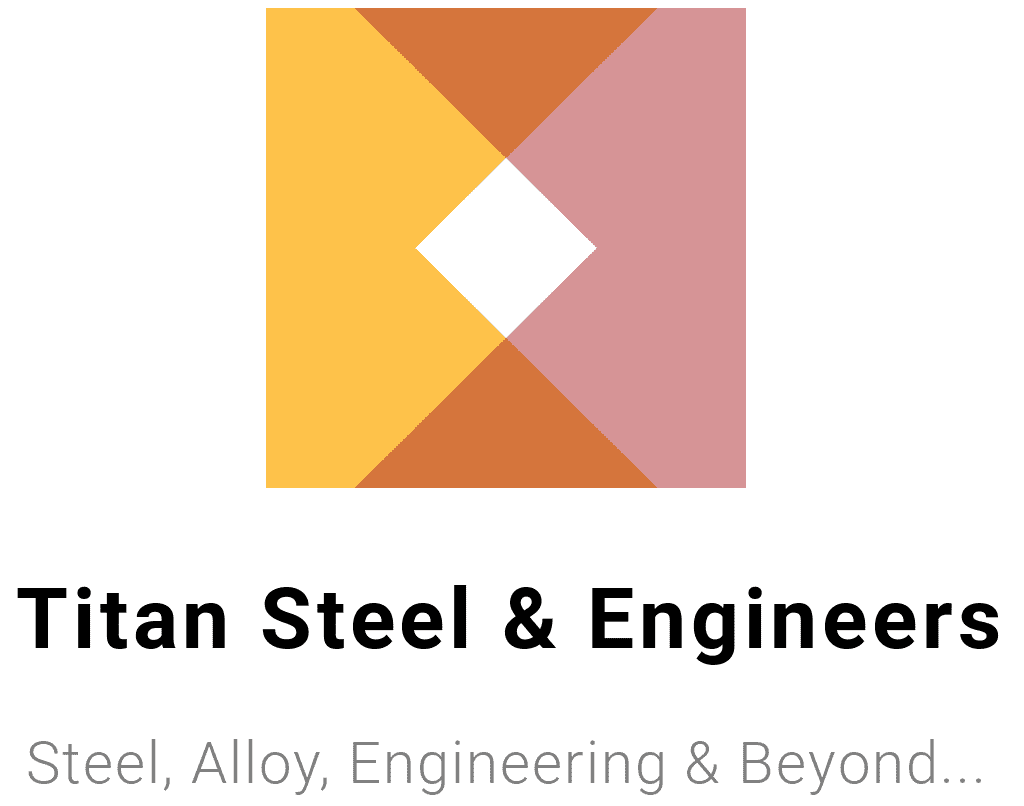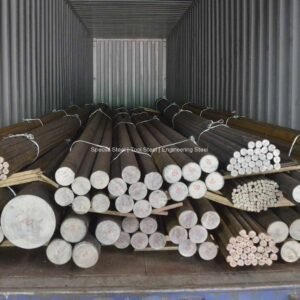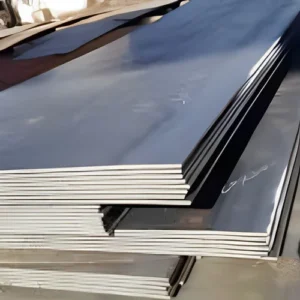Description
AISI 1020 Carbon Steel
Overview
AISI 1020 carbon steel is a versatile and reliable material trusted across industries for its exceptional balance of strength, ductility, and affordability. Known for its outstanding weldability and machinability, this carbon steel is an ideal choice for applications requiring moderate strength and precision. Whether you’re constructing gears, shafts, or fasteners, AISI 1020 delivers consistent performance to meet the most demanding project requirements.
Features
- Excellent Weldability: Seamlessly integrates into welded assemblies with minimal preparation.
- Superior Machinability: Easy to cut, shape, and form for precision manufacturing.
- Moderate Strength: Offers reliable performance for a variety of applications without compromising on durability.
- Versatility: Suitable for heat treatment processes to enhance mechanical properties.
- Cost-Effective: Combines quality and affordability, making it a practical choice for many industries.
Applications
AISI 1020 carbon steel is extensively used in industries such as automotive, construction, and manufacturing. Typical applications include:
- Gears
- Shafts
- Fasteners
- Pins
- Forged components
- Mechanical parts and tools
Benefits
- Affordable Versatility: A cost-effective material that supports a wide range of applications across industries.
- Ease of Processing: Reduces production time and costs due to its excellent machinability and weldability.
- Customizable Properties: Can be heat-treated to improve hardness and strength for more demanding uses.
- Durable and Reliable: Provides the mechanical strength needed for consistent, long-lasting performance.
Technical Specs
|
Chemical Composition |
||
|---|---|---|
|
Carbon Content |
|
|
|
Manganese |
|
|
|
Phosphorus (max) |
|
|
|
Sulfur (max) |
|
|
Mechanical Properties |
||
|---|---|---|
|
Tensile Strength |
394 MPa (typical) |
|
|
Yield Strength |
294 MPa (typical) |
|
|
Elongation |
~25% (in 2 inches) |
|
|
Hardness |
~119 HB (Brinell hardness) |
Invest in AISI 1020 carbon steel for your next project and experience the perfect synergy of performance, durability, and cost-efficiency.






